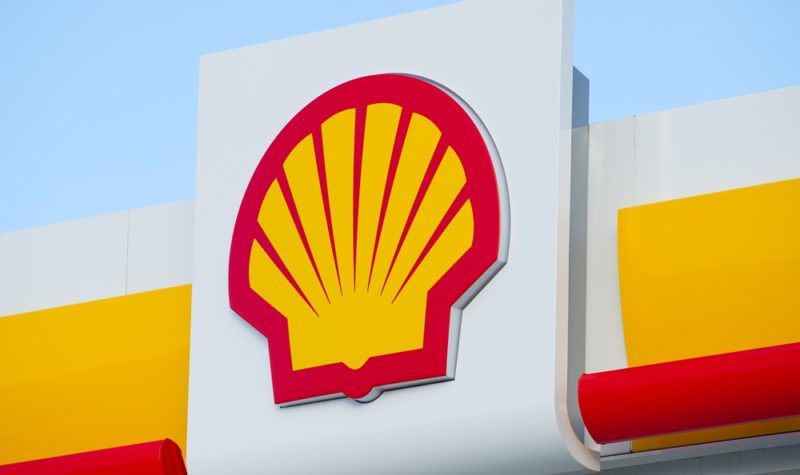Where next for the Shell and Rio Tinto share prices?

Rising global inflation and a buoyant world economy could provide favourable conditions for natural resources stocks. Indeed, commodity prices have a relatively positive historical correlation with a rapidly rising price level. And, since the world economy is forecast to grow at an annualised 4.1% pace over the next two years, demand for natural resources could rise.
As a result, FTSE 100 stocks Shell (LON: SHEL) and Rio Tinto (LON: RIO) could offer long-term growth potential, albeit with share price volatility likely to remain at elevated levels along the way.
Shell
Shell’s share price has soared by 53% over the past year, as oil and gas prices have moved considerably higher. Indeed, the price of Brent Crude is currently 50% up on its level from 12 months ago as the world economy has started to emerge from the pandemic. Strong forecast economic growth could create ongoing upbeat trading conditions for the wider sector that allow Shell to deliver an improving financial performance.
Of course, a supportive oil price makes the company’s task of transitioning to renewable energy far easier. It provides the firm with capital through which to invest in low-carbon energy projects. Rising profits prompted by higher oil and gas prices also allowed it to reduce net debt by over 30% in the past 12 months. And, with dividends per share forecast to rise by 8% per annum over the next two years due to growing profitability, the firm’s dividend yield of 3.2% could offer significant income appeal while inflation is at elevated levels.
Clearly, Shell’s reliance on commodity prices means its financial performance can quickly change. As a result, its share price may be volatile in the near term. But with an improving financial position, upbeat trading conditions and a strategy to pivot towards cleaner energy, it could continue to offer relatively strong investment prospects in the coming years.
Rio Tinto
In contrast to Shell, the Rio Tinto share price has lagged the FTSE 100 in the past year. It is down 2% in that time, versus a rise of 17% for the index, due in part to a weaker iron ore price for much of the period. Since the firm generates around three-quarters of its underlying profit from the steel-making ingredient, its shares have been negatively impacted by uncertainty regarding the commodity’s price prospects.
In the short term, further uncertainty for the iron ore price seems likely. Concerns about China’s near-term economic outlook could weigh on its performance, since the country is the world’s largest importer of iron ore. Equally, though, a recent upward trend in the iron ore price amid the announcement of stimulus measures in China could continue over the coming months.
In any case, Rio Tinto’s valuation appears to factor in future threats to its financial performance. For instance, it trades on a forward price-earnings ratio of around 8 and has a forward dividend yield of around 9%.
Furthermore, it has a solid balance sheet, as demonstrated by a net cash position of £2.3bn, and a high-quality asset base. As a result, it appears to be in a strong position to overcome difficult operating conditions in the short run to capitalise on improving economic prospects over the long term.
She, plus side at the moment LNG. It’s big in transporting gas.
High oil price from more demand than production. Well this normally means more production. American shale will produce (and is producing) more at these prices, levelling of the price.
The oil majors are not spending more money (capex) on oil discovery. If you don’t produce you don’t have inventory to sell.
The raised prices make renewables look even better value, and the move to dump dirty oil (carbons) will accelerate. EV car purchases will continue to increase in Asia and Europe at least.
I see nothing that she’ll is doing in renewable space which will offset the value destruction of the outcomes from a high oil price.
Feels so much like the collapse of the tobacco majors, being reduced to at best minor income stocks (for a while).
3.2% yield is pathetic for an income stock.
Keep going well, keep going anything but she’ll imo